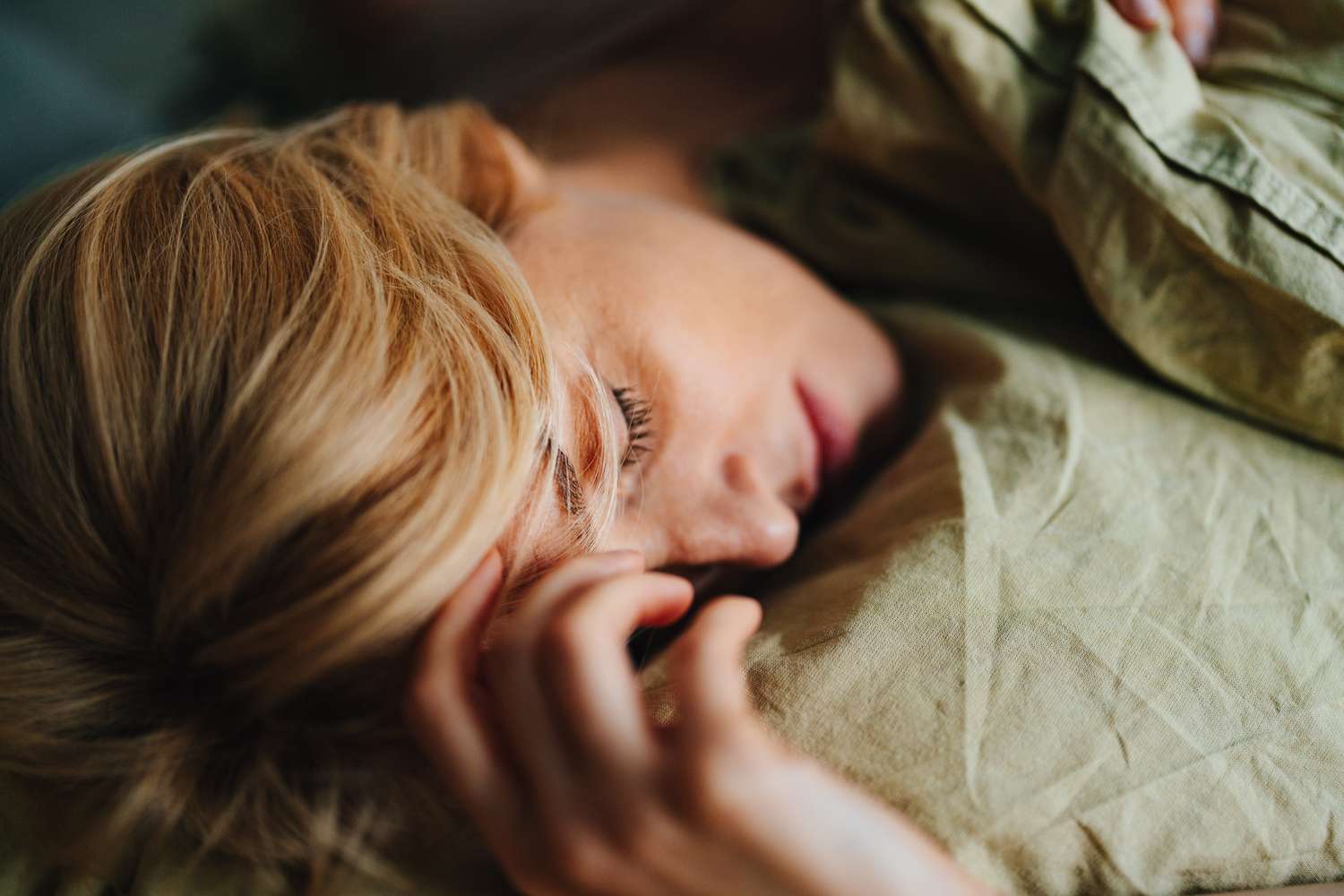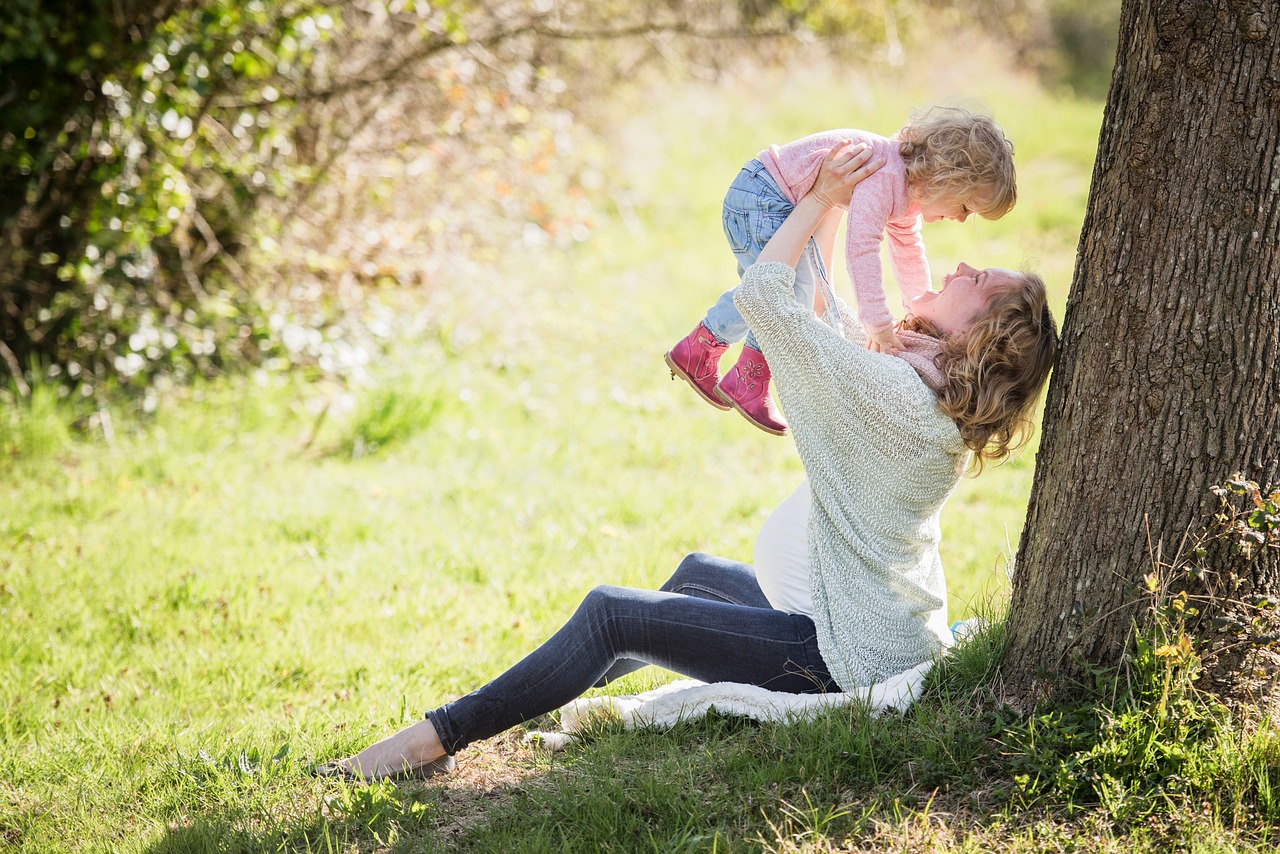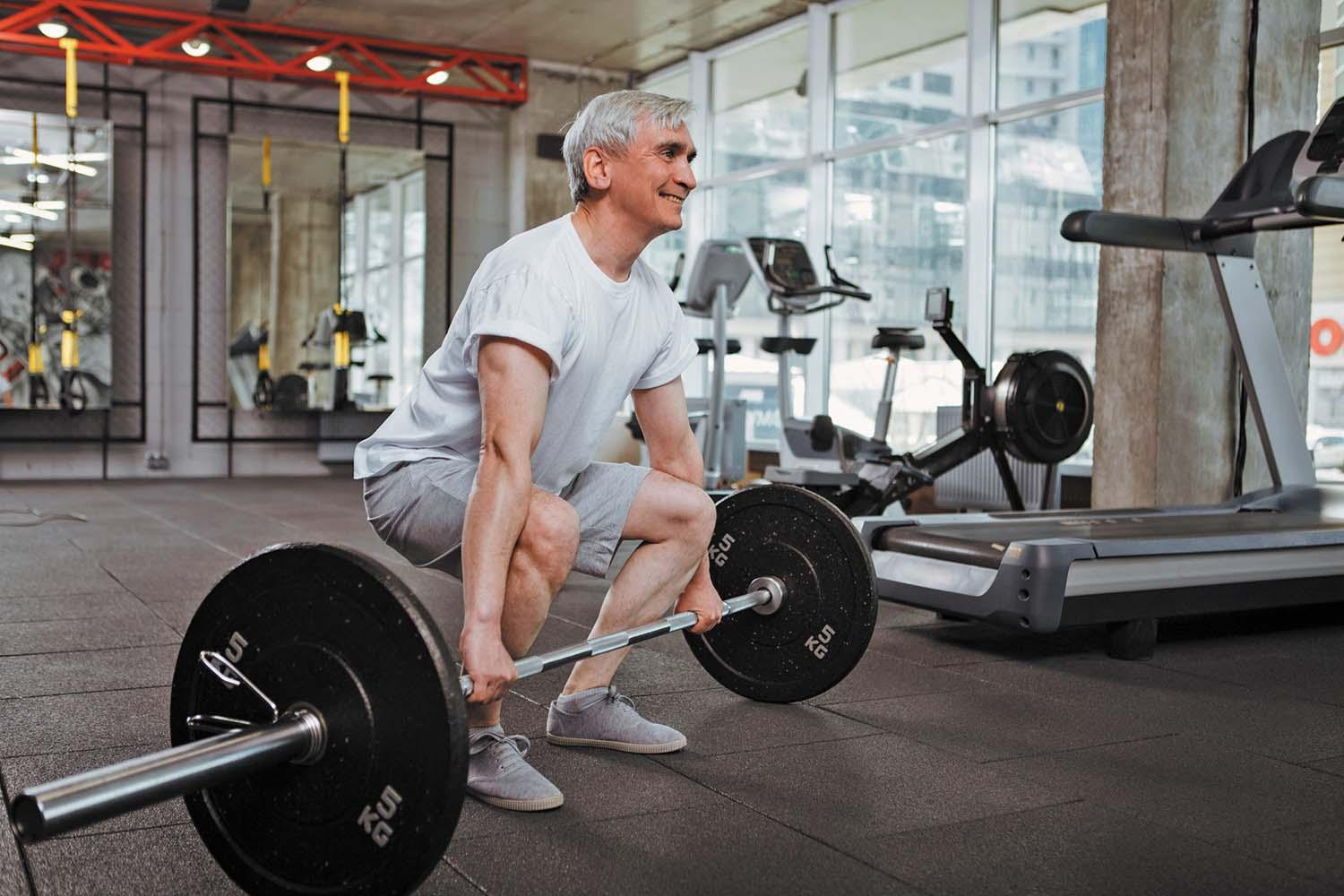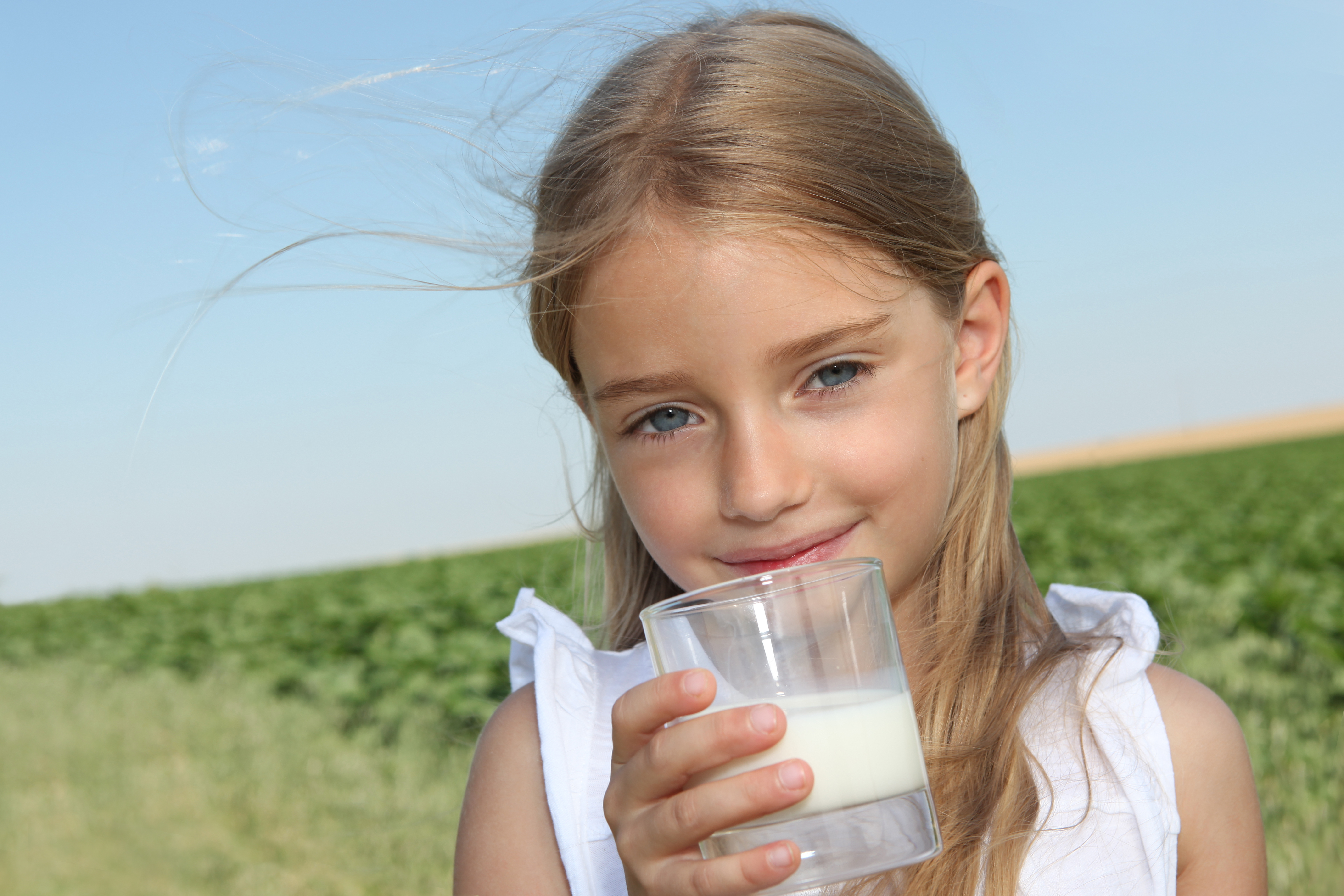Is It Possible to Sneeze In Your Sleep?

In general, people do not sneeze when they sleep. However, someone may wake up from sleeping and then sneeze. 1
Why Sneezing Is Rare in Sleep
While there is limited research about sneezing during sleep, the general consensus is that sneezing while you are asleep is rare. It is unlikely because you generally have decreased reflexes during sleep, especially during REM sleep, when atonia, or temporary muscle paralysis during sleep, occurs. Having atonia while sleeping means that the reflexes and muscles used for sneezing will not be active. 2
If someone were to sneeze in their sleep, they would likely wake up (even if it is just slightly) and then sneeze. The sneeze is likely not occurring during their sleep.
How Sneezing is Affected By the Stages of Sleep
Sleep is broken down into two phases: non-rapid eye movement (NREM) and rapid eye movement (REM). During NREM sleep, the body slows down to allow tissue repair and restoration. 2
During the first phase, NREM sleep is broken down further into three stages: 2
- Stage 1: This stage is when the brain moves from wakefulness to light sleep. It is a short stage that typically only lasts a few minutes. The muscles relax, the heart rate and breathing slow down, and the body may have a few twitches.
- Stage 2: During this stage the brain moves into a deeper sleep. The heart rate, breathing, and muscles continue to relax, and eye movements stop.
- Stage 3: This phase is also known as deep sleep. It is the restorative sleep that the body needs to feel refreshed in the morning. It is difficult to wake people up when they are in this stage of sleep.
REM sleep occurs after NREM stage 3. During this stage, the eyes move, brain wave activity reaches awake levels, and breathing, heart rate, and blood pressure increase. It's during REM sleep that many of the muscles experience atonia. It is likely that atonia during REM sleep interferes with a person's ability to sneeze. 2
Adults vs. Children
The circadian rhythm is the daily cycle that influences sleep/awake patterns, appetite, temperature regulation, and more. Light has the largest control over the circadian rhythm, but other factors like food intake can affect it. 3
A child's circadian rhythm is different than an adult's. Children are still developing their circadian rhythm throughout the first few years of life. They are also more prone to movement during stage 3 of NREM sleep. This can include sleepwalking and other behaviors. 4 This additional movement may mean that children are also more likely to sneeze during their sleep.
Can You Wake Up to Sneeze?
While sneezing during sleep is generally not possible, it is possible to wake up to sneeze. If the body senses irritation in the nose and is not in a deep stage of sleep, then someone may wake up to sneeze.
Causes of Sneezing
Sneezing is caused by the irritation of the mucus membranes in the nose or throat. It can be caused by: 5
- Allergies to pollen, dust, dander, or other irritants
- Cold or flu
- Corticosteroid nasal sprays
- Medicine withdrawal
- Triggers like dry air, air pollution, spicy foods, and airborne powders
Tips for Managing Nighttime Sneezing or Irritants
Nighttime sneezing can make getting a restful night's sleep rather difficult. The best way to stop nighttime sneezing is to avoid allergens and triggers. While that may not always be possible, here are tips to reduce nighttime sneezing: 5
- Change furnace filters regularly
- Wash bedsheets, pillows, and linens in hot water
- Use air filters to reduce air pollen
- Make sure pets do not sleep in the bedroom
Key Takeaways
- When someone is asleep, the body decreases reflexes and relaxes the muscles. Therefore, sneezing does not generally happen while someone is sleeping.
- However, there are several stages of sleep, and the level of awareness varies among each stage. As a result, someone may be slightly awake and then sneeze.
- Contact a healthcare provider if sneezing is causing difficulty sleeping or other health problems.







